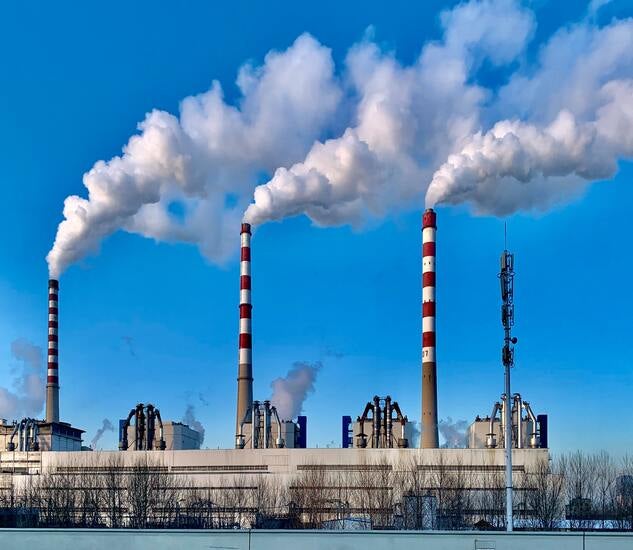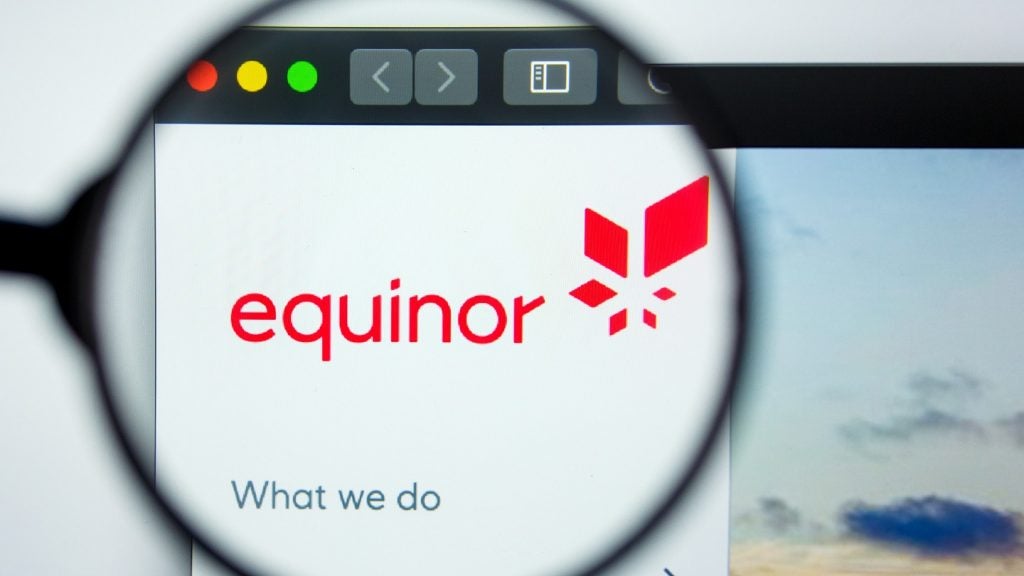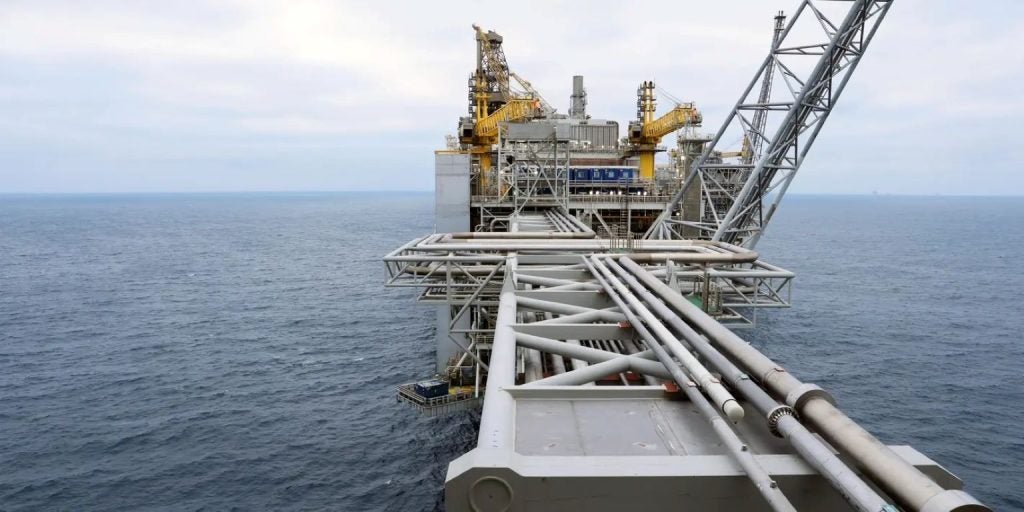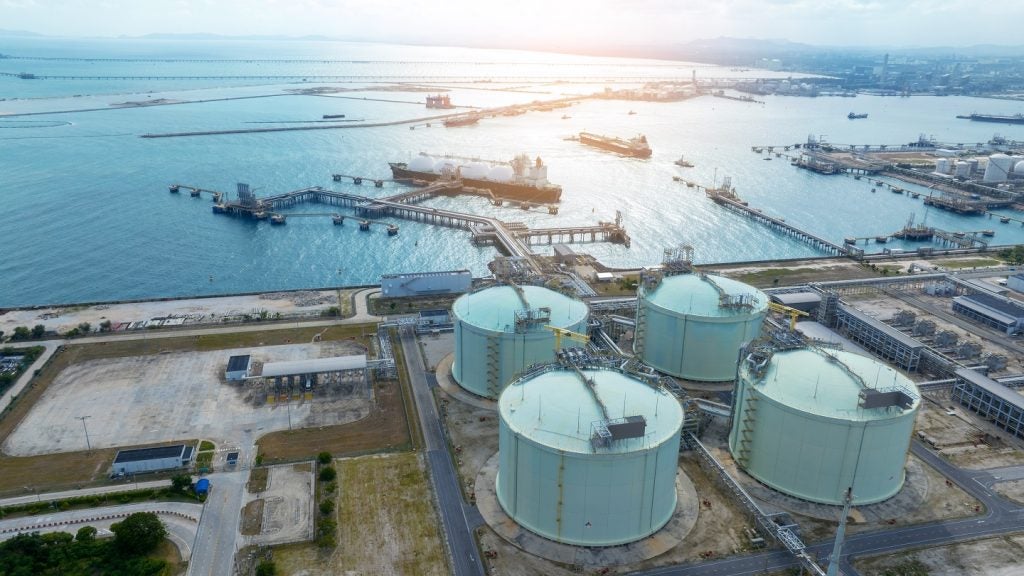
Equinor and Rosneft have signed an agreement to collaborate on carbon management, including potential collaboration on the use of renewables; carbon capture, utilisation, and storage; and low-carbon hydrogen solutions.
Equinor released a statement saying that the agreement builds on the two companies’ strategic partnership in Russia, Equinor having been present in the country for more than 30 years.
Equinor and Rosneft, drawing on this longstanding cooperation and aiming to support the goals of the Paris Agreement, will join forces to develop low-carbon solutions and reduce the carbon footprint from joint projects.
Al Cook, executive vice president for exploration and production international at Equinor, said : “Equinor aims to proactively support emissions reductions wherever we invest, based on our decades of experience from Norway. We are happy to work together with Rosneft and share best practice to address climate change”.
The cooperation covers several joints projects, including the North Komsomolskoye pilot project for viscous oil development in West Siberia; a pilot project for the development of Domanik limestone formation in the Samara region; and offshore exploration.
How well do you really know your competitors?
Access the most comprehensive Company Profiles on the market, powered by GlobalData. Save hours of research. Gain competitive edge.

Thank you!
Your download email will arrive shortly
Not ready to buy yet? Download a free sample
We are confident about the unique quality of our Company Profiles. However, we want you to make the most beneficial decision for your business, so we offer a free sample that you can download by submitting the below form
By GlobalDataEquinor acquired a 49% interest in AngoaraOil LLC, formerly known as KrasGeoNac LLC, which holds 12 conventional onshore exploration and production licenses in Eastern Serbia.
Additionally, the Domanik formation is joint venture between Equinoir and Rosneft to run a three-year pilot programme to assess the potential for commercial production from the Domanik limestone formation in the Samara region. Rosneft holds 51% equity interest while Equinor holds the remaining interest.
In 2019, the partners took the final investment decision on the first stage of the North Komsomolskoye full field development and are currently carrying out test production.
Lastly, Equinor is also a partner in the Kharyaga oil field development. Severe climatic conditions, including icy winds raging at close to -50°C and permafrost of up to 500m thick, as well as a complex carbonate reservoir, make production from Kharyaga challenging. However, the field turned out to be a success story.
Under the agreement, the companies will share experience and explore opportunities within such areas as reduction in flaring and methane emissions, energy efficiency, and reporting of greenhouse gas emissions.
The agreement aims to identify low-carbon solutions in the companies’ joint upstream projects in Russia, as well as engage in joint activities in the area of sustainability, based on the UN Sustainable Development Goals and recognised environment, social, and governance frameworks.







